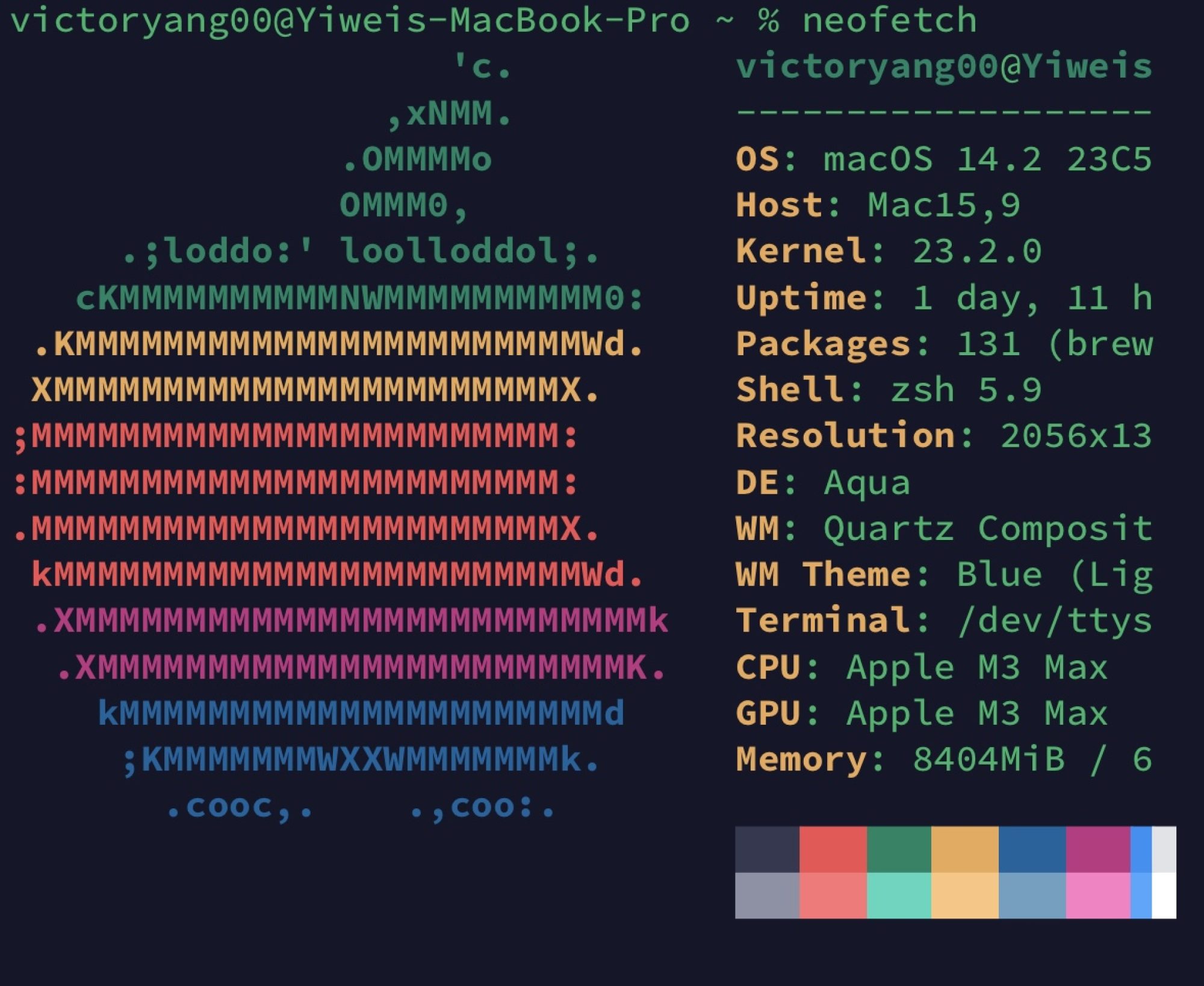文章目录[隐藏]
The serialization struct can be a lot, but like CRIU ways of interpreting the c struct is tedious; you need to dump and restore the Linux state, which seems too tedious; rather, I need to write a flat struct that can be reconstructed and use concept trait to require the dump and restore things.
In CRIU, they performs like this:
// SPDX-License-Identifier: MIT
syntax = "proto2";
message bpfmap_data_entry {
required uint32 map_id = 1;
required uint32 keys_bytes = 2; /* Bytes required to store keys */
required uint32 values_bytes = 3; /* Bytes required to store values */
required uint32 count = 4; /* Number of key-value pairs stored */
}
In dump and restore process:
int do_collect_bpfmap_data(struct bpfmap_data_rst *r, ProtobufCMessage *msg, struct cr_img *img,
struct bpfmap_data_rst **bpf_hash_table)
{
int ret;
int table_index;
r->bde = pb_msg(msg, BpfmapDataEntry);
ret = bpfmap_data_read(img, r);
if (ret < 0)
return ret;
table_index = r->bde->map_id & BPFMAP_DATA_HASH_MASK;
r->next = bpf_hash_table[table_index];
bpf_hash_table[table_index] = r;
pr_info("Collected bpfmap data for %#x\n", r->bde->map_id);
return 0;
}
int restore_bpfmap_data(int map_fd, uint32_t map_id, struct bpfmap_data_rst **bpf_hash_table)
{
struct bpfmap_data_rst *map_data;
BpfmapDataEntry *bde;
void *keys = NULL;
void *values = NULL;
unsigned int count;
LIBBPF_OPTS(bpf_map_batch_opts, opts);
for (map_data = bpf_hash_table[map_id & BPFMAP_DATA_HASH_MASK]; map_data != NULL; map_data = map_data->next) {
if (map_data->bde->map_id == map_id)
break;
}
if (!map_data || map_data->bde->count == 0) {
pr_info("No data for BPF map %#x\n", map_id);
return 0;
}
bde = map_data->bde;
count = bde->count;
keys = mmap(NULL, bde->keys_bytes, PROT_READ | PROT_WRITE, MAP_SHARED | MAP_ANONYMOUS, 0, 0);
if (keys == MAP_FAILED) {
pr_perror("Can't map memory for BPF map keys");
goto err;
}
memcpy(keys, map_data->data, bde->keys_bytes);
values = mmap(NULL, bde->values_bytes, PROT_READ | PROT_WRITE, MAP_SHARED | MAP_ANONYMOUS, 0, 0);
if (values == MAP_FAILED) {
pr_perror("Can't map memory for BPF map values");
goto err;
}
memcpy(values, map_data->data + bde->keys_bytes, bde->values_bytes);
if (bpf_map_update_batch(map_fd, keys, values, &count, &opts)) {
pr_perror("Can't load key-value pairs to BPF map");
goto err;
}
munmap(keys, bde->keys_bytes);
munmap(values, bde->values_bytes);
return 0;
err:
munmap(keys, bde->keys_bytes);
munmap(values, bde->values_bytes);
return -1;
}
The problem is the above process does not leverage the cpp feature that uses the static compilation capability to generate visitor member function for every struct that passes to protobuf automatically. However, this is not perfect because in C, stack will have some type like this
union {
uint64 _make_it_8_byte_aligned_;
WASMMemoryInstance memory_instances[1];
uint8 bytes[1];
} global_table_data;
BlockAddr block_addr_cache[BLOCK_ADDR_CACHE_SIZE][BLOCK_ADDR_CONFLICT_SIZE];
/* Heap data base address */
DefPointer(uint8 *, heap_data);
/* Heap data end address */
DefPointer(uint8 *, heap_data_end);
/* The heap created */
DefPointer(void *, heap_handle);
It sounds like can not automatically pass to struct_pack. So still need a stub cpp struct for protobuf, but this time, no need to manually write protobuf, every metadata generation is compile time, and runtime only do the serialization. The above struct can be defined below in c++.
struct WAMRMemoryInstance {
/* Module type */
uint32 module_type;
/* Shared memory flag */
bool is_shared;
/* Number bytes per page */
uint32 num_bytes_per_page;
/* Current page count */
uint32 cur_page_count;
/* Maximum page count */
uint32 max_page_count;
/*
* Memory data begin address, Note:
* the app-heap might be inserted in to the linear memory,
* when memory is re-allocated, the heap data and memory data
* must be copied to new memory also
*/
std::vector<uint8> memory_data;
/* Heap data base address */
std::vector<uint8> heap_data;
}
WAMRMemoryInstance memory_instances;
std::array<std::array<WAMRBlockAddr, BLOCK_ADDR_CACHE_SIZE>, BLOCK_ADDR_CONFLICT_SIZE> block_addr_cache;
/* Heap data base address */
std::vector<uint8> heap_data;
Then define the concept to illustrate the trait
template <typename T, typename K>
concept SerializerTrait = requires(T &t, K k) {
{ t->dump(k) } -> std::same_as<void>;
{ t->restore(k) } -> std::same_as<void>;
};
impl for every stub struct.
void dump(WASMMemoryInstance *env) {
module_type = env->module_type;
is_shared = env->is_shared;
num_bytes_per_page = env->num_bytes_per_page;
cur_page_count = env->cur_page_count;
max_page_count = env->max_page_count;
memory_data.resize(env->memory_data_size);
memcpy(memory_data.data(), env->memory_data, env->memory_data_size);
heap_data = std::vector<uint8>(env->heap_data, env->heap_data_end);
};
void restore(WASMMemoryInstance *env) {
env->module_type = module_type;
env->is_shared = is_shared;
env->num_bytes_per_page = num_bytes_per_page;
env->cur_page_count = cur_page_count;
env->max_page_count = max_page_count;
env->memory_data_size = memory_data.size();
env->memory_data = (uint8 *)malloc(env->memory_data_size);
memcpy(env->memory_data, memory_data.data(), env->memory_data_size);
env->heap_data = (uint8 *)malloc(heap_data.size());
memcpy(env->heap_data, heap_data.data(), heap_data.size());
env->heap_data_end = env->heap_data + heap_data.size();
};

